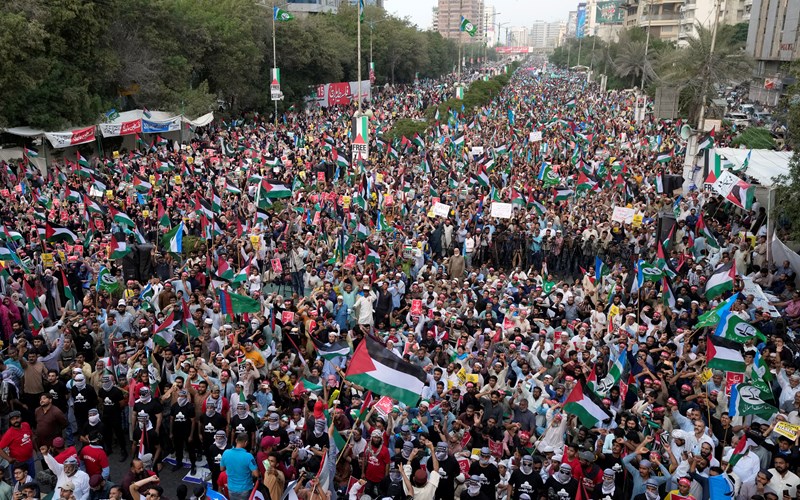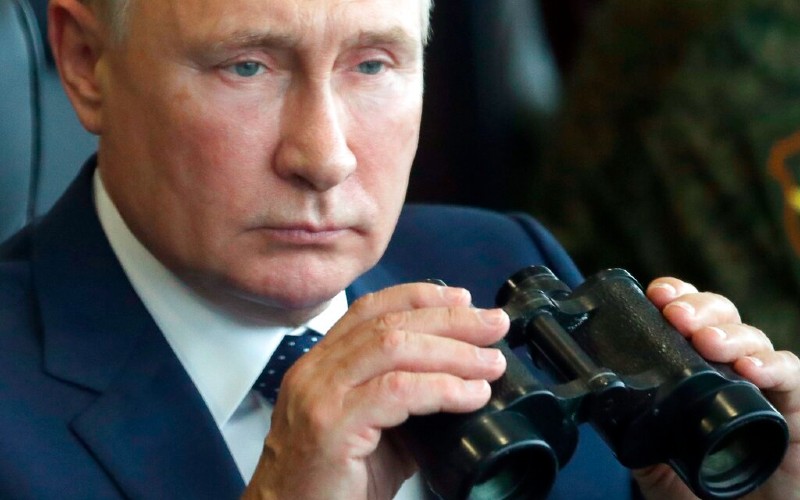Jeff King of International Christian Concern has been following the case of 28-year-old Stella Khawar, a Christian wife and mother who was recently jailed on charges of hurting religious sentiment.

"She was arrested in an area that's just been a hotbed of religious tension," King reports. "This is where Muslims have attacked Christians, gone on riots. Basically, there's some kind of dirty tricks campaign [where] people are leaving torn pages of the Quran and supposedly blasphemous things … in front of Christian homes [so] those people get charged and attacked, and there's riots."
In Khawar's case, local Muslims are pressuring her husband to not provide a defense for his wife, though a lawyer is representing her.
Meanwhile, Pakistan has been receiving international pressure against its blasphemy law. Section 295-A calls for 10 years of prison for those convicted of intentionally outraging religious sentiments, and Section 505 relates to intentionally causing fear in the public and harming public tranquility. It is punishable by imprisonment of up to seven years.
"Pakistan is very hostile towards Christians," King notes. "They live as third-class citizens, and no Christian is ever going to touch anything or get involved in anything that would be deemed blasphemous. It's equivalent to pouring gasoline all over your house, leaving a pile of dynamite at the front door, and playing with matches at your front door."
Last August, an estimated mob of 5,000 Muslims attacked churches and homes of Christians in Jaranwala based on false blasphemy complaints. Even so, Christians in the area remain solid in their faith.
Christianity is the third largest religion in Pakistan, making up about 1.27% of the population, according to the 2017 Census.







